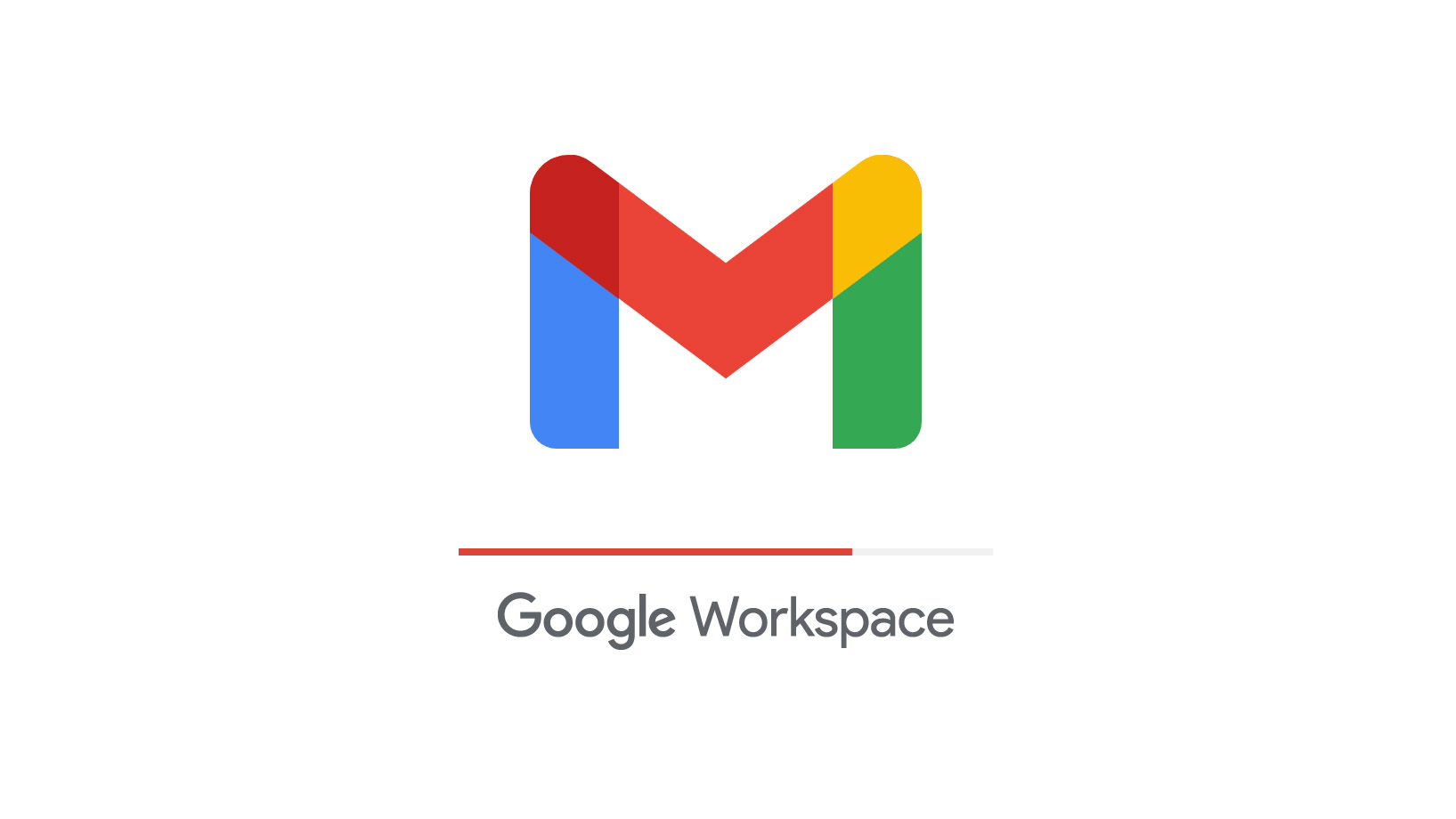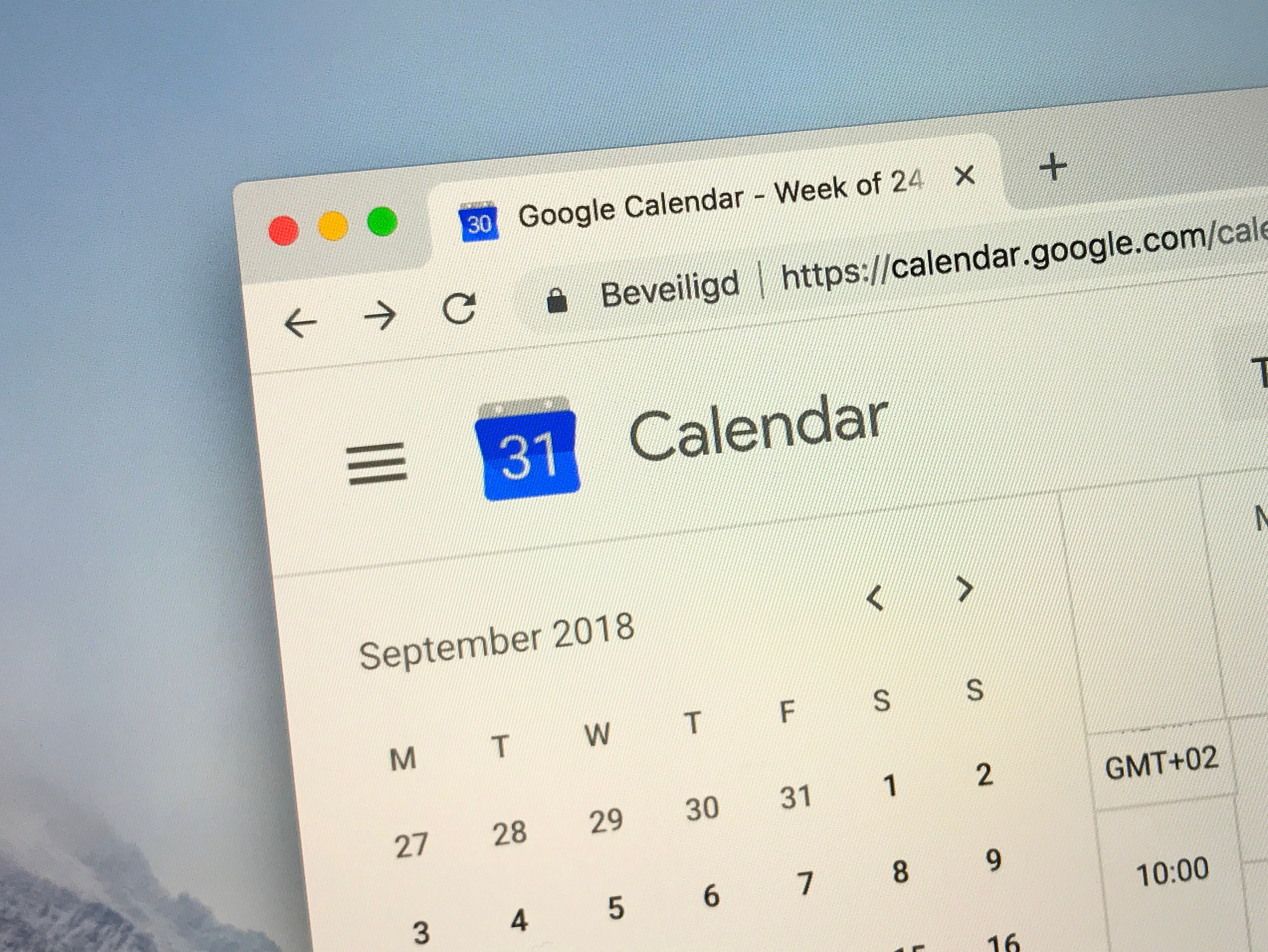Google outage causes 40 per cent slump in global web traffic
Friday downtime highlights web users' reliance on search giant's services, claims analytics firm.

A five minute outage that left millions of Google customers unable to use the search giant's web services is reported to have caused a 40 per cent drop in worldwide internet traffic.
Scores of web users across the globe were affected by the outage, which resulted in all of its services including search, Google Drive, Gmail and YouTube - going offline for between one and five minutes on Friday 16 August.
During the downtime, users were reportedly able to access Google services, but were greeted with error messages and other unexpected behaviour when they tried to use them.
At the time of writing, Google was remaining tight-lipped about the cause of Friday's downtime, but had apologised to the "significant" subset of users affected by the outage.
"The problem...should be resolved. We apologise for the inconvenience and thank you for your patience and continued support," the company said in a post on its service status page.
"Please rest assured that system reliability is a top priority at Google, and we are making continuous improvements to make our systems better."
According to a report by web analytics firms GoSquared Engineering, the downtime created a huge slump in the number of real-time page views it tracked on Friday afternoon.
Get the ITPro daily newsletter
Sign up today and you will receive a free copy of our Future Focus 2025 report - the leading guidance on AI, cybersecurity and other IT challenges as per 700+ senior executives
In a blog post, the company said its findings highlight just how dependent web users are on Google's services.
"Google.com was down for a few minutes...on 16 August 2013. This had a huge effect in the number of page views coming into GoSquared's real-time tracking around a 40 per cent drop," the blog post stated.
"That's huge. As internet users, our reliance on Google.com being up is huge. It's also of note that page views spiked shortly afterwards, as uses managed to get to their destination," it added.
-
 Bigger salaries, more burnout: Is the CISO role in crisis?
Bigger salaries, more burnout: Is the CISO role in crisis?In-depth CISOs are more stressed than ever before – but why is this and what can be done?
By Kate O'Flaherty Published
-
 Cheap cyber crime kits can be bought on the dark web for less than $25
Cheap cyber crime kits can be bought on the dark web for less than $25News Research from NordVPN shows phishing kits are now widely available on the dark web and via messaging apps like Telegram, and are often selling for less than $25.
By Emma Woollacott Published
-
 Google Workspace is getting a Gemini makeover – but prices are going to increase
Google Workspace is getting a Gemini makeover – but prices are going to increaseNews The new pricing structure may help Google boost competition with Microsoft
By George Fitzmaurice Published
-
 Google confirms Gmail is “here to stay” amid speculation over plans to scrap the email service
Google confirms Gmail is “here to stay” amid speculation over plans to scrap the email serviceNews Claims that Google plans to sunset Gmail were a hoax, so there's no need to panic
By Ross Kelly Published
-
 Google Workspace Review: A simple aesthetic with productivity in mind
Google Workspace Review: A simple aesthetic with productivity in mindReviews From free to enterprise, Google’s ever-popular productivity suite has a range of tiers and functions for all sizes of business
By Ross Kelly Last updated
-
 CloudHQ fully integrates Gmail with Google Sheets
CloudHQ fully integrates Gmail with Google SheetsNews Users can bulk export email text to Google Sheets, Excel, or CSV files
By Praharsha Anand Published
-
 Gmail for G Suite becomes a hub for corporate communications
Gmail for G Suite becomes a hub for corporate communicationsNews Everything you need is now on one page, but it may get overwhelming
By Justin Cupler Published
-
 How to share your Google Calendar
How to share your Google CalendarTutorials Follow these easy steps to share your Google Calendar with family, friends or team members
By Sarah Brennan Last updated
-
 Gmail introduces new features to makes personalizing your inbox easier
Gmail introduces new features to makes personalizing your inbox easierNews G Suite customers will see the Quick Setting feature starting June 2020
By Susan Johnson Published
-
 How to delete a Gmail account
How to delete a Gmail accountIn-depth Our step-by-step guide on how to close your Google email account for good
By Jane McCallion Last updated